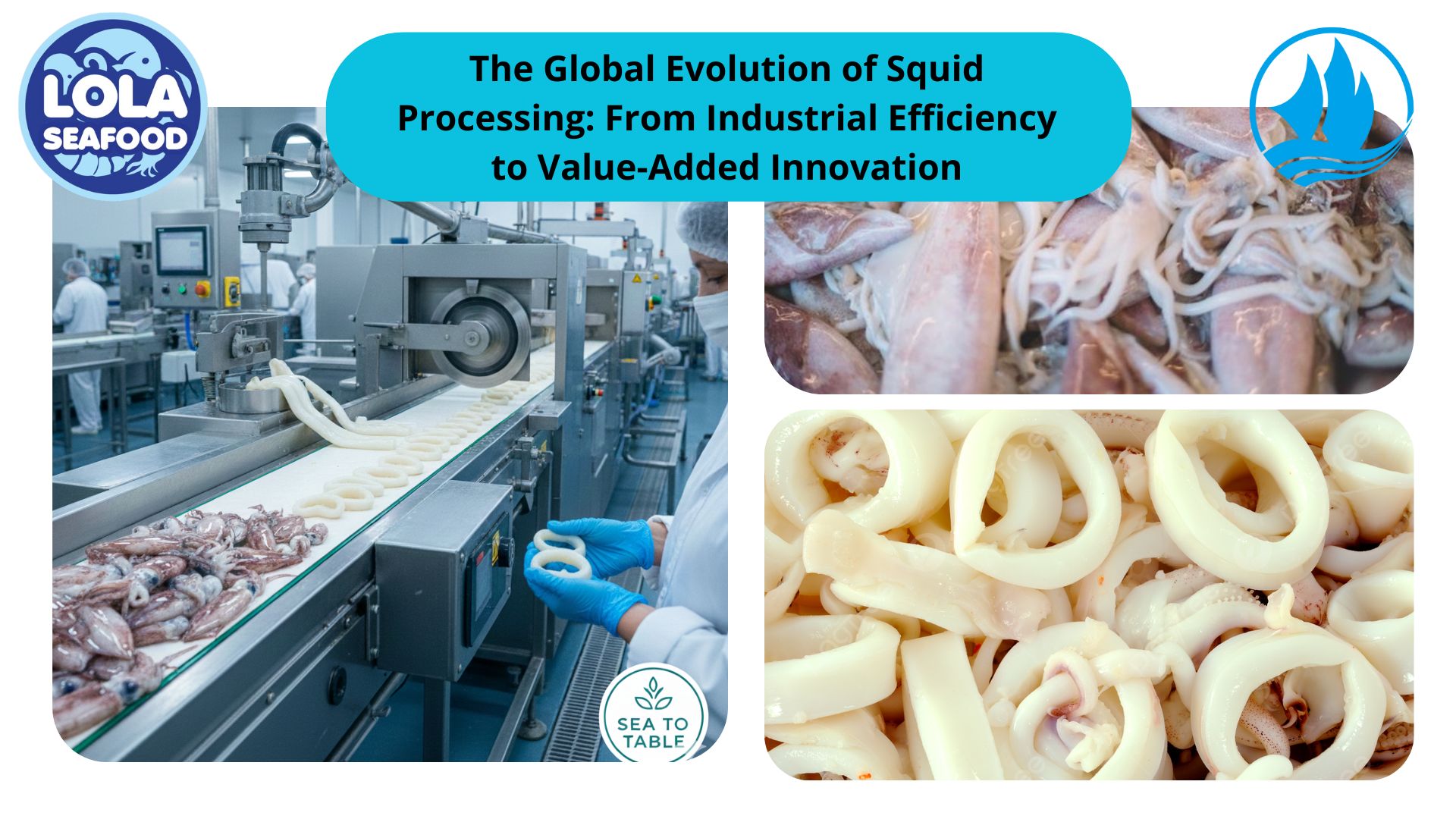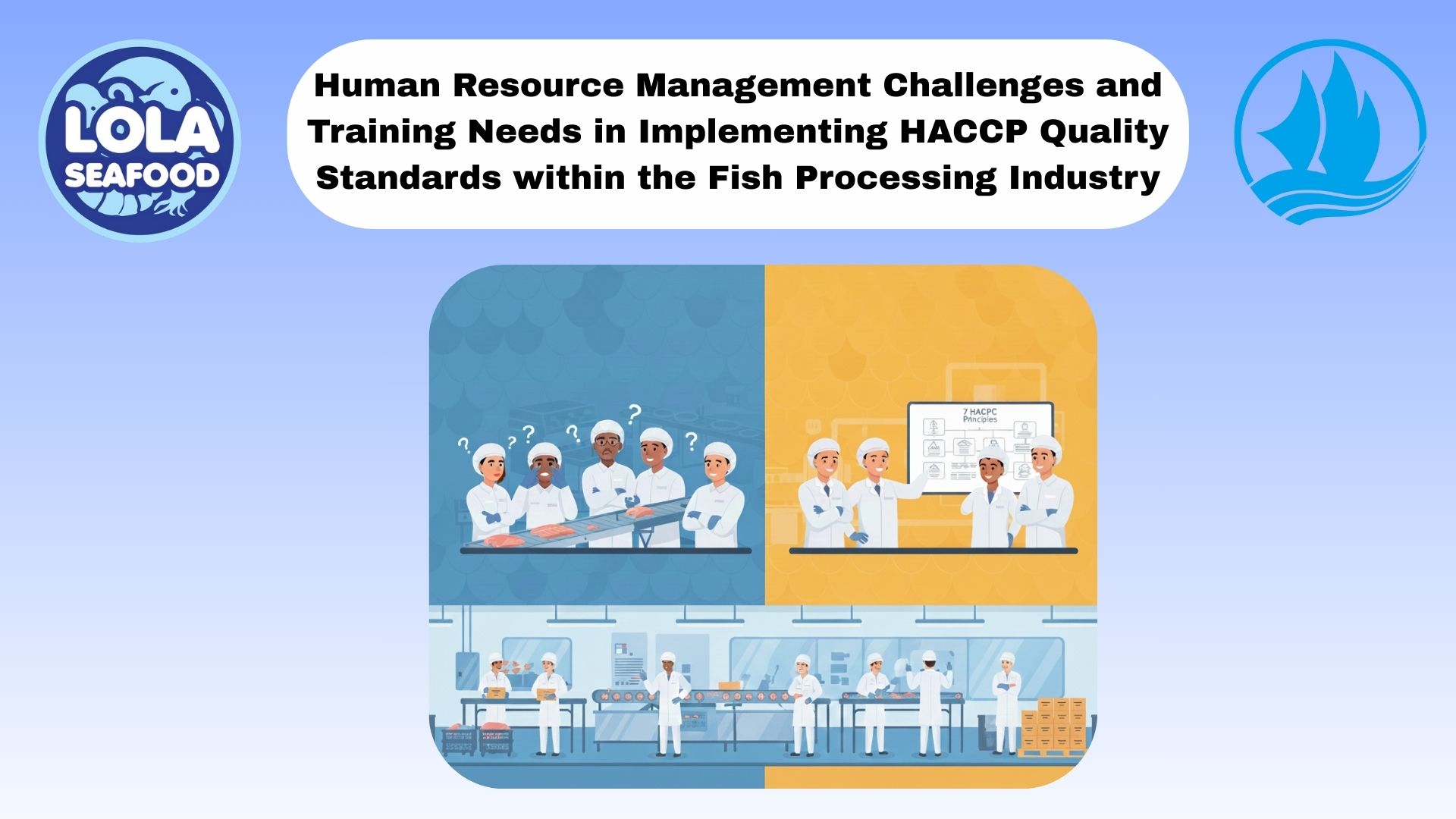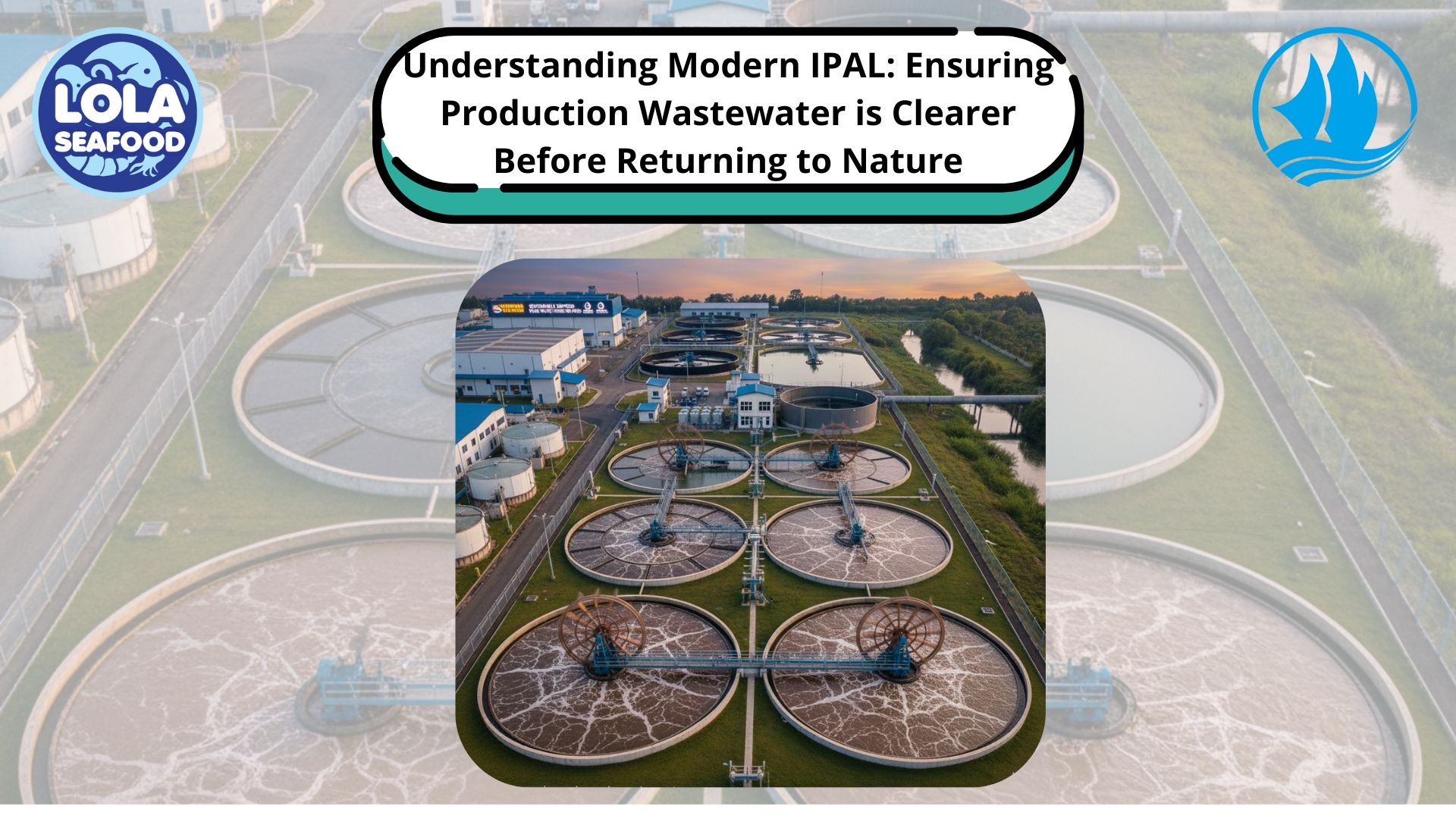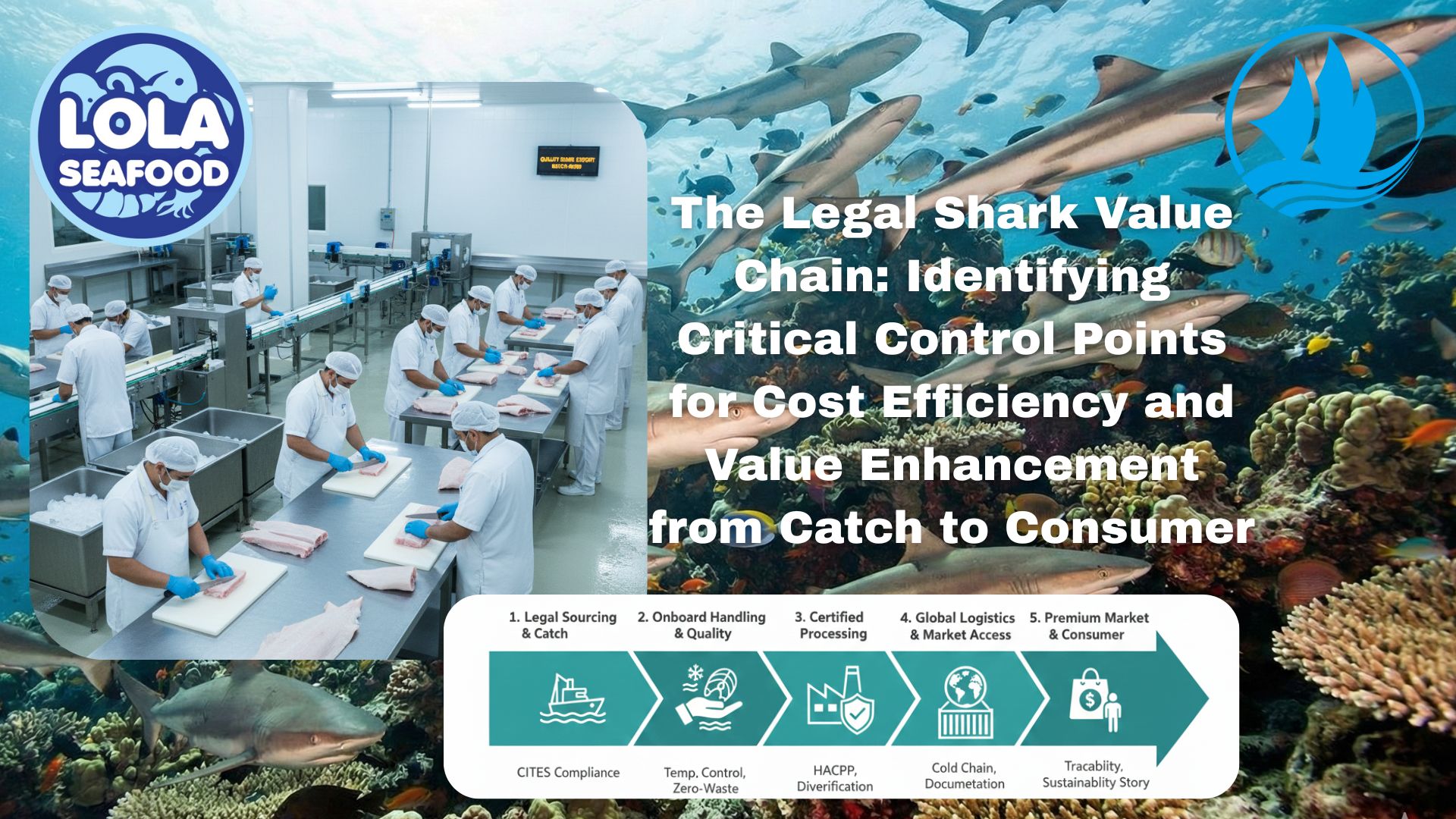Embracing Sustainable Practices in Seafood Processing for an Eco Friendly Industry
By. Najih - 19 Sep 2024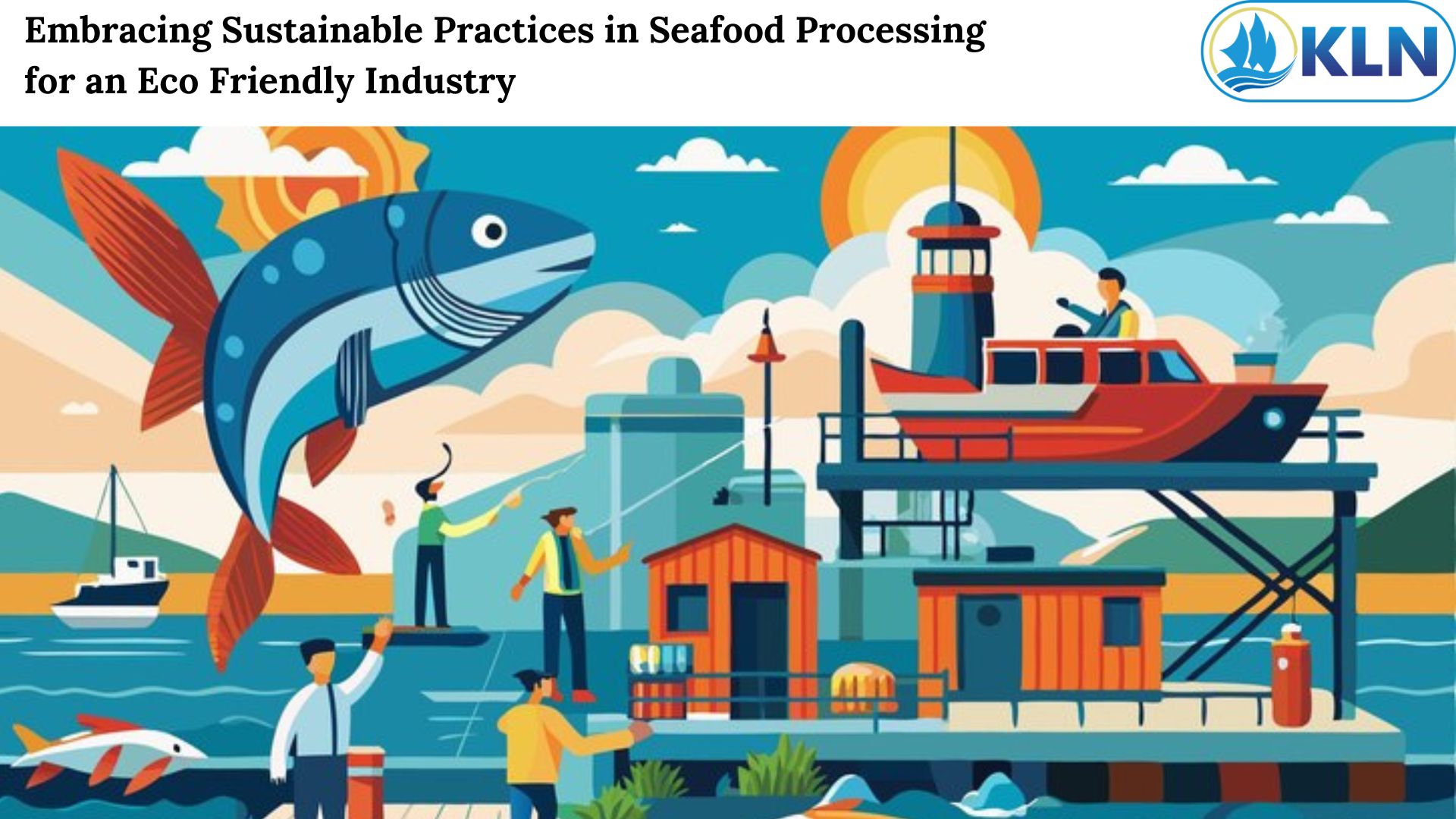
As the seafood industry continues to grow, the need for sustainable practices has never been more pressing. Embracing eco friendly methods in seafood processing is crucial for reducing environmental impact and promoting long term sustainability.
1. Energy Efficient Processing
One of the primary areas where sustainability can be improved is energy consumption. Implementing energy efficient technologies, such as LED lighting and advanced refrigeration systems, can significantly reduce energy use in seafood processing facilities. Additionally, incorporating renewable energy sources, such as solar or wind power, further minimizes the carbon footprint. These practices not only lower operational costs but also contribute to a more sustainable industry.
2. Water Management and Recycling
Seafood processing involves substantial water use, making effective water management crucial. Sustainable practices include recycling and reusing water within processing facilities. By implementing closed loop water systems and advanced filtration technologies, processors can significantly reduce water wastage. This not only conserves a vital resource but also minimizes the environmental impact of wastewater discharge.
3. Waste Reduction and By Product Utilization
Reducing waste is a fundamental aspect of sustainability. Seafood processors can adopt practices to minimize waste by optimizing processing techniques and utilizing by products. For instance, fish bones, heads, and offal can be repurposed into high value products such as fishmeal or pet food.
4. Sustainable Sourcing
Sustainable sourcing is a critical component of an eco friendly seafood industry. Choosing fish and seafood products that are certified by organizations such as the Marine Stewardship Council (MSC) or the Aquaculture Stewardship Council (ASC) ensures that they are sourced from well managed fisheries or responsible aquaculture practices. This helps in preserving fish stocks and maintaining healthy marine ecosystems.
5. Eco Friendly Packaging
Packaging plays a significant role in the environmental impact of seafood products. Adopting eco friendly packaging solutions, such as biodegradable or recyclable materials, can significantly reduce the environmental footprint. Innovations in packaging technology, including plant based and compostable materials, offer sustainable alternatives to traditional plastic packaging.
6. Employee Training and Engagement
For sustainable practices to be effective, it is essential to involve and educate employees. Training programs that focus on environmental best practices and sustainability principles help ensure that all staff members are committed to reducing the industry’s ecological footprint. Engaged employees are more likely to contribute ideas and participate in sustainability initiatives, fostering a culture of environmental responsibility.
.jpg)
The Impact of HACCP-Based Integrated Quality Management Programs on the Quality and Competitiveness of Fresh Demersal Fish Products
 and Employee Productivity on the Demersal Fish Processing Floor.jpg)
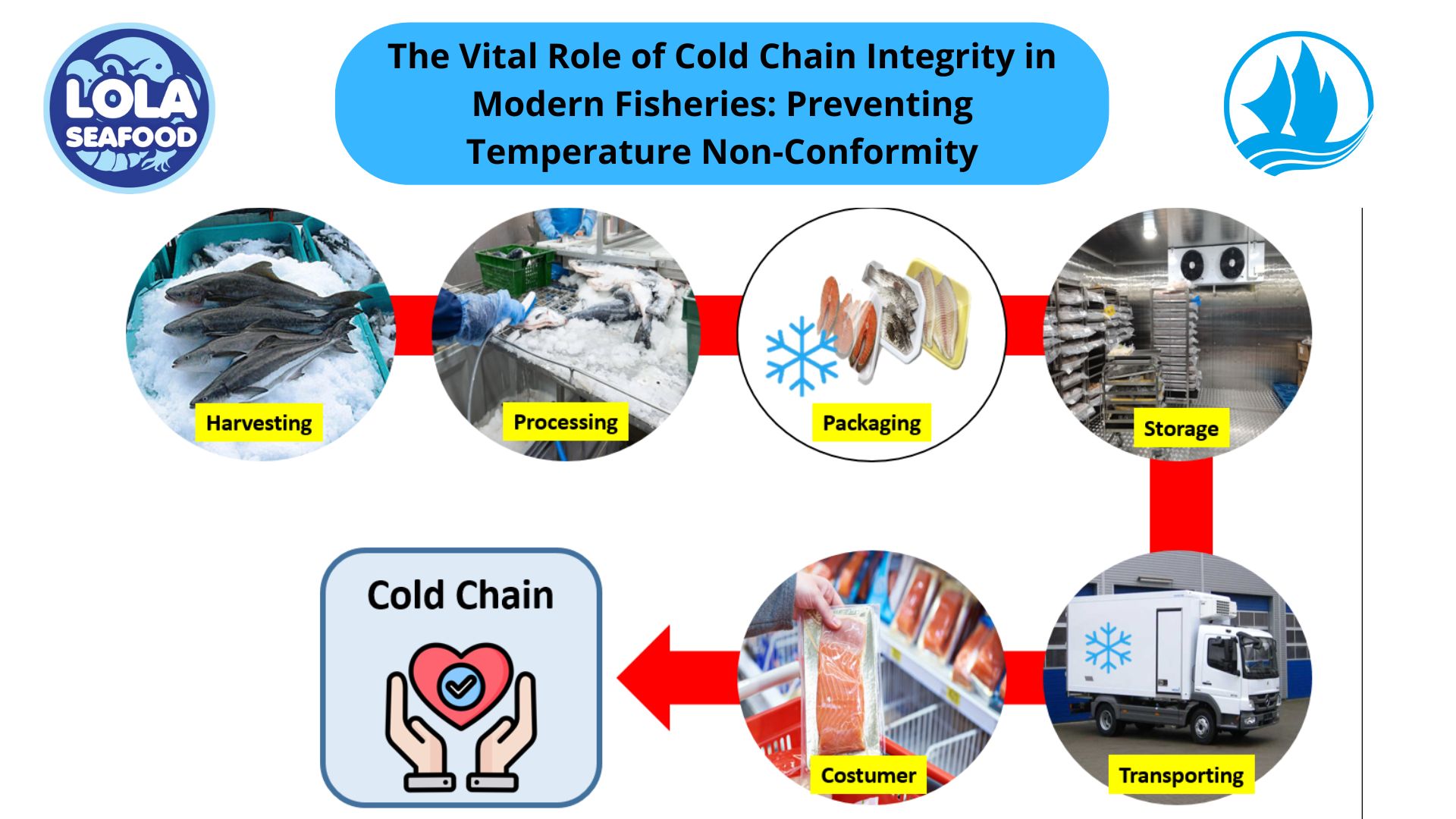
.jpg)
